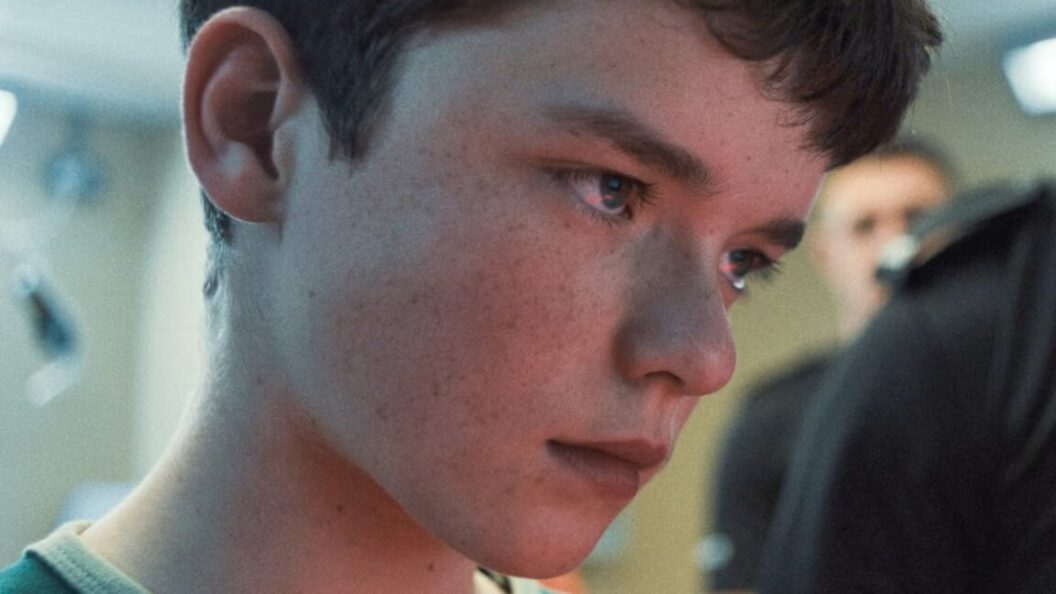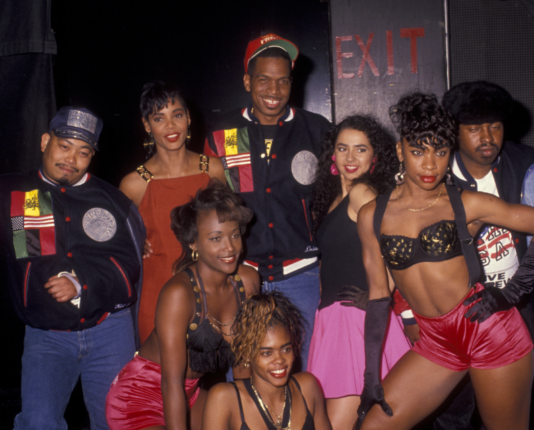Rising Concerns Over the NEET Trend Among Young Men
In an era where discussions about the struggles of young men are gaining traction, a recent study has illuminated a concerning trend among a subgroup known as "incels," or involuntarily celibate individuals. Researchers found that a significant number of these men are embracing a nihilistic worldview, often characterized by a disengagement from traditional paths of education and employment. This phenomenon raises critical questions about the broader implications for society.
Incels and the Blackpill Ideology
The research, led by Beckett-Herbert and McGill University sociologist Eran Shor, highlights that the "Blackpill" ideology—a pessimistic outlook on life—holds significant sway within the incel community. While incels represent a relatively small segment of the "manosphere," Beckett-Herbert notes that their numbers are growing, and their ideology is expanding beyond just the realm of romantic relationships to a wider apathy toward society.
“It’s not that we have large swaths of young men that are falling into this rabbit hole,” said Beckett-Herbert. She points to the troubling trend of young men becoming NEETs (Not in Education, Employment, or Training), indicating a broader cultural disengagement. This shift is alarming, as it signals a detachment from societal participation that could have lasting effects on these individuals and the community as a whole.
Exploring the NEET Trend
The NEET phenomenon is increasingly becoming a focal point in discussions around young men and boys facing challenges in contemporary society. Beckett-Herbert emphasizes that while studies traditionally spotlight the misogynistic rhetoric and potential for violence within the incel community, the economic and educational disengagement associated with being a NEET is equally significant.
“It’s important to remember that it’s not zero-sum,” she stated. “We can care about the well-being of women and girls and also acknowledge that young men are struggling, too.” This perspective encourages a more balanced approach to addressing the complex issues facing both genders, steering clear of adversarial narratives.
Insights from Online Communities
To gather data for their study, Beckett-Herbert and Shor selected the incels.is platform, which boasts nearly 20,000 members, as a primary source. Utilizing Python programming to scrape data, the researchers analyzed about 10,000 discussion threads from the site, revealing key themes and prevalent concerns. The findings reflected a repeated focus on topics such as education, employment, and financial woes, highlighted by the frequent appearances of keywords like “study,” “NEET,” “job,” and “money.”
Notably, the phrase “lie down and rot” emerged prominently in discussions, underscoring the depth of despair and inactivity felt by some members of this community. This phrase encapsulates a growing resignation toward societal participation that is both striking and troubling.
Implications for Society
The implications of this research extend far beyond the confines of the incel community. As discussions around gender equality and social responsibility evolve, it becomes essential to address the multifaceted struggles that young men face without diminishing the significant challenges experienced by women and girls. The findings serve as a clarion call for broader societal engagement, urging stakeholders to consider the emotional and economic landscapes that contribute to feelings of disillusionment among young men.
As this dialogue continues, it remains crucial to foster inclusive conversations that promote understanding and address the root causes of disengagement. The potential for negative outcomes—both for individuals and society—highlights an urgent need for targeted interventions that can help reintegrate those who have opted out of the educational and workforce tracks.
Conclusion
The rising trend of NEET individuals within the incel community may represent a fringe ideology, but it resonates with real-world concerns that necessitate attention and thoughtful discussion. Understanding the interplay between personal struggles and societal expectations can pave the way for effective solutions, ensuring that we do not overlook the challenges faced by young men amid broader cultural narratives. The findings of this study call for a collaborative effort aimed at fostering empathy, understanding, and comprehensive support systems for all individuals navigating these complex social dynamics.









